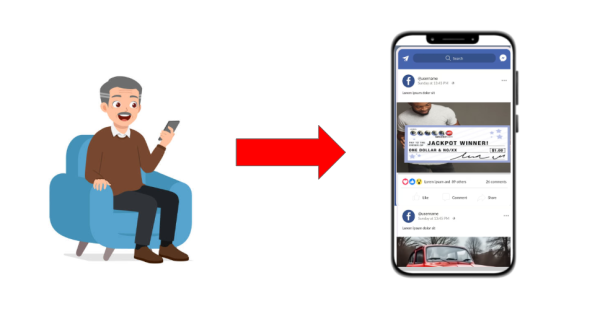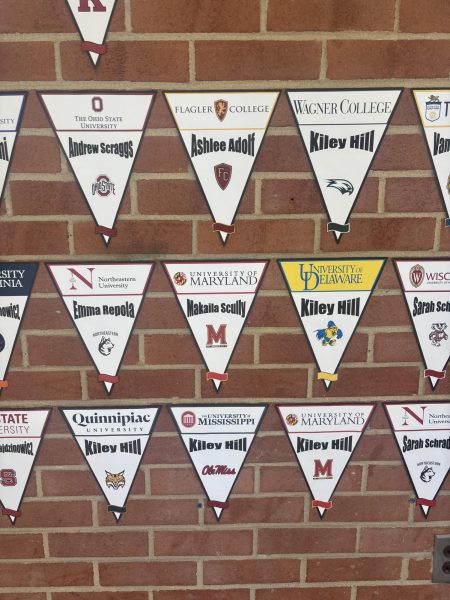The Covid-19 vaccine and what you should know
The Coronavirus vaccine is ready to be distributed and lately, there has been equal amounts of confusion and doubt as to whether or not receiving it is a good idea.
After months and months of anticipation, exhaustion, and eagerness, the vaccine against Covid-19 is finally available in the United States. However, not every person in the world can receive the vaccine right at this moment. The first wave of vaccinations are to be distributed to essential workers (most prominently frontline healthcare workers), and people at high risk first. For now, only people who are 16 years of age or older and meet the established criteria are approved to receive the vaccine. The FDA conducted an inspection of the vaccine’s efficacy and safety on individuals older than 16 and discovered that there are no, “…specific safety concerns that would preclude the vaccine’s use” (NPR.org).
There are two main studies about the vaccine-the Pfizer and Moderna studies. The Pfizer vaccine was approved for distribution first while the approval for Moderna followed shortly after. The vaccine will be available at pharmacies, public and mobile clinics, nursing homes, hospitals, doctors’ offices, and military facilities.
By getting vaccinated, especially during such a widespread pandemic like this one, the public will have a great chance at preventing themselves from becoming sick, as well as lessening the spread of the virus. It is important to minimize the spread of Covid and keep people safe and healthy during these times. Besides wearing masks and properly social distancing, the vaccine can hopefully immunize this virus, preventing further spread. Obviously, that is the main goal.
The Covid vaccine works much differently from other vaccines. In fact, both Pfizer and Moderna have acquired genetic technology that utilizes synthetic messenger RNA (called mRNA for short) which converts an individual’s cell into a vaccine manufacturing machine. This so-called machine produces mimicking proteins. A person’s immune system can recognize and thus form antibodies in order to guard itself from vulnerability to the virus in the future.
If you are not high risk or an essential worker, or have a preexisting condition, then you will not be eligible to get the vaccine at this time. According to the Centers for Disease Control and Prevention, they have initiated a plan to “prioritize the nation’s 21 million health care workers and 3 million residents of long-term care facilities… After those two groups, vaccines are likely to go to the 87 million essential workers not involved in frontline health care, then to the 100 million adults with certain high-risk medical conditions and the 50 million people who are 65 years or older” (NPR.org). Though it is recommended to get vaccinated, it is not a reinforced requirement for some people; however, it seems very pertinent that those who work in hospitals, clinics, and any other health care facility must get it since they interact with patients all day (and especially patients infected with the virus).










